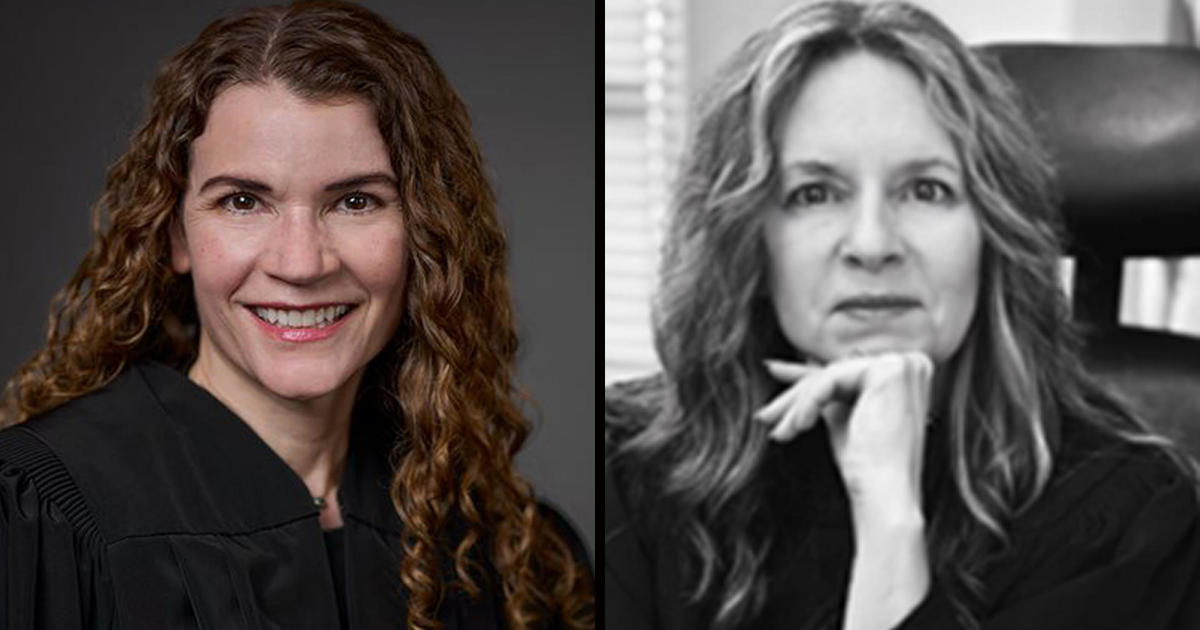Judge Accelerates Case Of Sex Offenders
ST. PAUL, Minn. (AP) -- Attorneys for sex offenders who claim their commitment to a state treatment program is unconstitutional asked a federal judge Wednesday to release one man who experts have said should be freed and to order that the only female in the program be moved.
But attorneys for the state Department of Human Services said the man, identified in court records as E.T., should stay in the Minnesota Sex Offender Program because he is a danger and still needs treatment. Attorney Nathan Brennaman also argued there is no existing program that would be suitable for the woman.
After hearing arguments, U.S. District Judge Donovan Frank and U.S. Magistrate Jeffrey Keyes decided to accelerate the process and said they would schedule a hearing to examine these issues for the week of July 14.
"This is really just the tip of the iceberg," Dan Gustafson, an attorney for the residents, said after the hearing. "This is the beginning of the evidence that we believe will show the program is unconstitutional."
Offenders filed a class-action lawsuit in 2011 that claims the MSOP is unconstitutional because it keeps sex offenders locked up indefinitely after they complete their prison sentences. Nearly 700 sex offenders have been civilly committed to high-security facilities in Moose Lake or St. Peter after their prison terms were completed.
Attorneys for residents argue the program amounts to a life sentence; only one patient has been successfully released, with provisions, since 1994.
As part of the litigation, court-appointed experts are evaluating whether patients are receiving appropriate treatment. The experts recently found that E.T. should be released, and that R.B. should be moved because she is not getting the treatment she needs. The woman has her own room in the facility, and has a guard with her at all other times.
Brennaman, the state's attorney, said while E.T. needs to stay in the program for now, the state has petitioned to move him to a less restrictive, secure facility that would prepare him for re-entry into society. And in the case of the woman, he said there is no evidence her safety is at risk. Still, he said the state is sensitive to the concerns raised and is reaching out to experts.
Frank asked why the state was petitioning to move E.T. now — particularly if he was still a danger — and why it was now trying to find another solution for R.B.
Brennaman said the recent expert reports led the state to seek other options, and in the case of E.T., the community preparation services program is still secure.
There are also several legal issues that must be considered before Frank could order these clients be freed or transferred. Among them, state law requires that offenders who want their commitment status changed need to go through a petition process on the state level.
Gustafson has filed a separate petition, called a habeas corpus petition, that gives federal judges power to release someone from an unlawful detention, only after all state remedies are exhausted. Gustafson argued that since E.T. is being held unconstitutionally, and since the state process could take a year or more, Frank could take exception and free his client now.
"If he is not a danger to society, they have to let him go," Gustafson said. "Every single day that he's kept unconstitutionally is a day he never gets back," he added.
(© Copyright 2014 The Associated Press. All Rights Reserved. This material may not be published, broadcast, rewritten or redistributed.)



